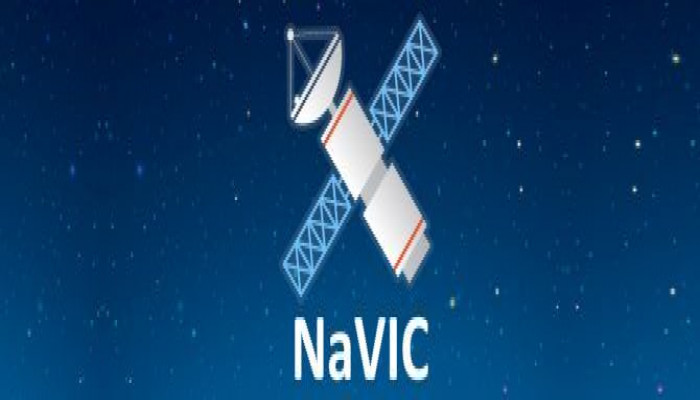DRDO partners with Bengaluru firm for indigenous NavIC chip development
- In Reports
- 10:52 PM, Jul 12, 2024
- Myind Staff
The Defence Research and Development Organisation (DRDO) has commissioned a Bengaluru-based firm to develop a receiver chip domestically. This chip will acquire and disseminate Indian time for navigation using the Indian Constellation (NavIC) developed by ISRO.
The IRNSS satellites, via NavIC, aim to provide directional mapping support to land, rail, and air-based users, making it easier to find routes to destinations. Currently, the service relies heavily on the Global Positioning System (GPS) provided by the US constellation of navigation satellites.
According to sources from DRDO and ISRO, while ISRO has already developed the IRNSS satellites and is working to make NavIC available to the general public, DRDO is indigenously developing a receiver chip to provide IRNSS Network Timing (IRNWT) for dissemination.
DRDO has commissioned Bengaluru-based Accord Software and Systems Pvt Ltd (ASSPL) to develop a customised and flexible timing system tailored to NavIC's range requirements. Sources at ASSPL stated, “We are developing a completely Indian-made receiver for defence and commercial applications.
The need for this arose after the experience during the Kargil War where India’s request to the US for the use of Global Positioning System (GPS) technology for information on the area was denied. We are now depending on GPS technology even on our mobile phones.”
The latest development will significantly benefit the defence sector as well. “Work is on to shift Indian-based receivers, where the sector will have complete control. It is a 24-month project that began on July 1,” ASSPL sources said.
ASSPL is one of seven private firms with which DRDO has partnered under the Technology Development Fund scheme. DRDO announced on social media the seven projects assigned to MSMEs and start-ups in the defence and aerospace sectors.
DRDO has also initiated a project with Bengaluru-based Craftlogic Labs Private Limited to develop a mechanism for detecting in-flight icing conditions. This occurs when water droplets, upon contact with the external surfaces of the aircraft, become super-cooled. They are also used in switching on the anti-icing mechanism in the aircraft.
DRDO is also working with Noida-based Oxygen-2 Innovation Private Limited to develop an Indigenous Scenario and Sensor Simulation Toolkit; with Pune-based Sagar Defence Engineering Pvt Ltd to develop an Underwater Launched Unmanned Aerial Vehicle; with Kochi-based IROV Technologies Pvt Limited to develop Long-range Remotely Operated Vehicles for Detection and Neutralisation; with Chennai-based Data Pattern (India) Limited to develop Radar Signal Processor with Active Antenna Array Simulator; and with Coimbatore- based Alohatech Private Limited to develop Graphene Based Smart & E-textiles for Multifunctional Wearable Applications.
Image source: X







Comments